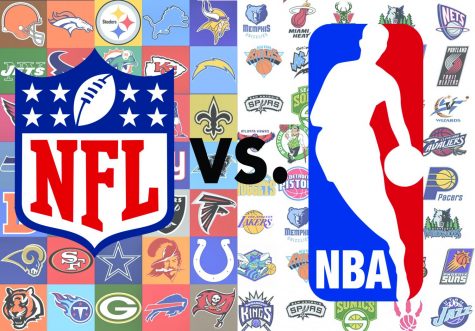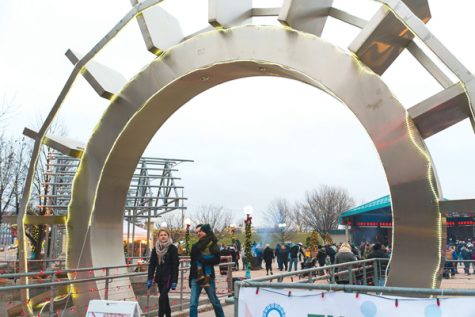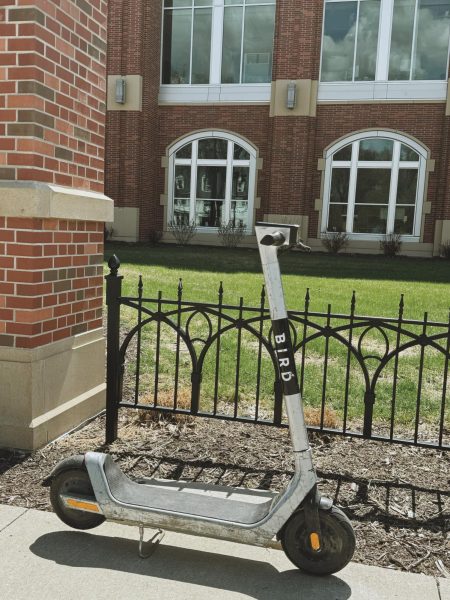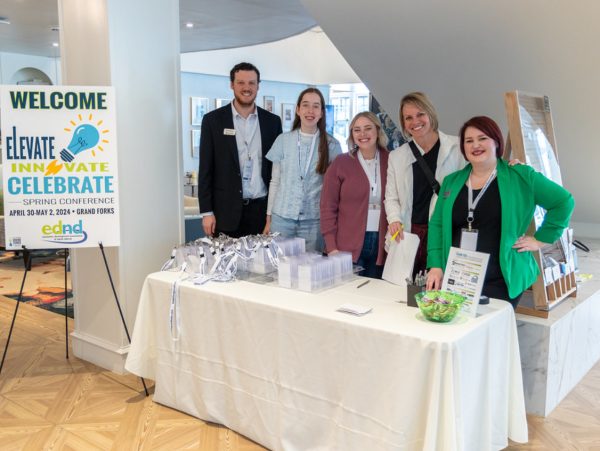Grand Forks isn’t diverse, but it can be
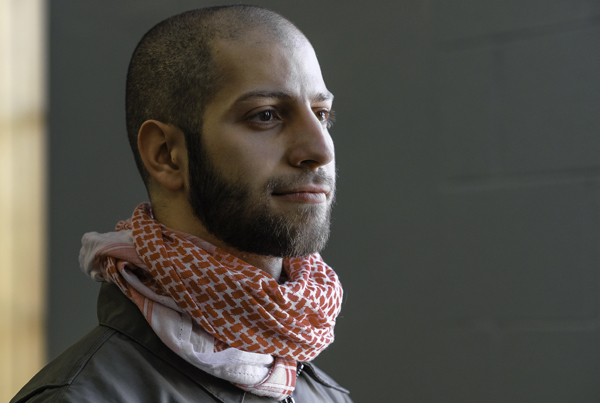
Bilal Suleiman is an opinion writer for Dakota Student.
February 26, 2018
The term “diversity” literally means variety, or a range of different things. In this sense, the Grand Forks community is quite diverse. Our population includes everyone from Native Americans to those with descendants from Europe and Southeast Asia. The multitude of courses offered at the University of North Dakota has always attracted students from all over the world. These days, we have seen an influx of people from Somalia, Nepal, Bhutan and various war-torn countries in the Middle East. That is quite the variety, especially in such a land-locked and geographically isolated part of the nation.
As you drive down University Avenue, you can see that diversity on display. Small cliques of fraternity boys and sorority girls make the trek from Greek Row to Gamble Hall. A gang of Air China students huddle together near a garbage can, smoking cigarettes. A squad of Saudi Arabian students chatter animatedly while waiting for the bus. A group of school-spirit filled African students can be seen at nearly every UND event.
Despite this outward expression of diversity, I don’t feel like Grand Forks is diverse. I have a hunch that if you asked some of those groups of students whether they thought Grand Forks is diverse, they’d reply with a resounding “NO.” It’s not due to lack of variety. We’ve got plenty of variety.
No, the problem comes from within. Diversity is an attitude. It’s treating every person you meet equally, despite their background. It’s asking, not assuming. It’s meeting someone different from you and thinking “I wonder what they can teach me.” It’s seeing the foreign student in your class and striking up a conversation and putting aside your preconceived notions of who they might be. It’s being curious.
In that sense, Grand Forks isn’t very diverse. Compared to the rest of North Dakota, it is certainly more so. Grand Forks natives who make it out to the Twin Cities for the first time are often astounded at the amount of different cultures coexisting in one city.
Many people from Grand Forks know almost nothing about cultures other than their own, and this is not their fault. When you’ve never gone more than a few hundred miles from the place you were born, it’s tough to imagine a world other than the one you’ve known. It’s easy to assume that your way of life is the best way when you’ve never experienced another.
It’s hard to fathom that the groups you see on the Discovery Channel are real, living people. From behind a screen in our living rooms, they just become another show: interesting and exotic but not real. It’s hard to internalize that those are physical people with hopes, fears and dreams, just like you and me.
Despite how different these people may seem, I assure you that they are indeed real people with real emotions. The only difference between us is that we were born in North Dakota and they were born in places beyond Grand Forks. They didn’t have any choice in where they were born. Nobody does. We could have just as likely been born to villagers in a third world country.
We see the differences between us without noticing that we are vastly more alike than not. We scoff at strange practices, like eating live scorpions or drinking cow’s urine. To the people who partake in those practices, however, getting drunk and watching people pass a piece of hard rubber to each other while skating on thin metal blades is equally as perplexing. It’s all about your perspective.
I think North Dakotans have a tougher time than most with adapting this perspective. Few of us have had meaningful, candid conversations with people of other cultures. Even fewer of us have traveled overseas and experienced another way of living. To obtain actual diversity in Grand Forks, we need to actively break out of our shells. We need to stop fearing people and practices that are out of our comfort zone. We need to embrace the unfamiliar and make it familiar. It’s not us-versus-them. It’s us – humanity – versus bigotry and close-mindedness.
Bilal Suleiman is a columnist for Dakota Student. He can be reached at [email protected].


